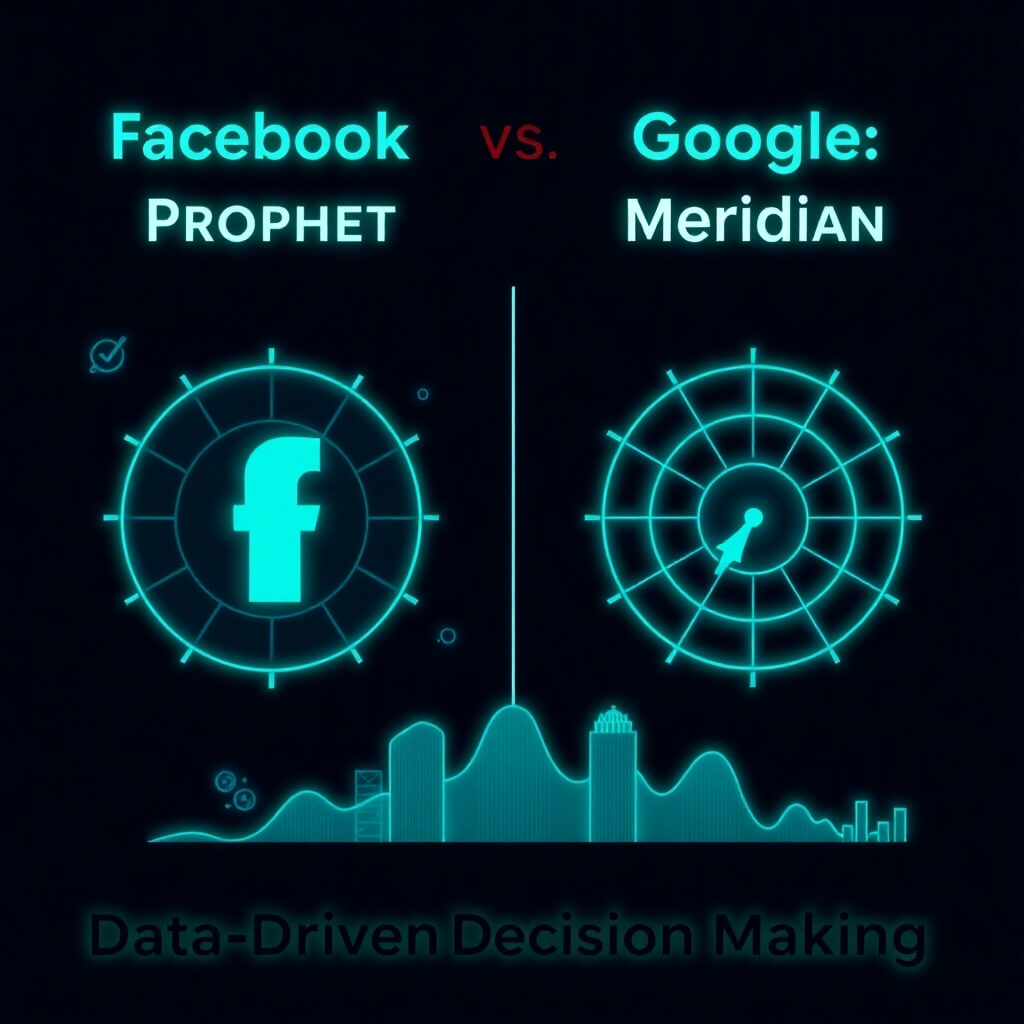A great piece from Ad Age on March 21 about the not-too-distant future of marketing. In the article, the author, James Gross, explains that since we now have the answers to the questions about how many fans and/or followers do we have, or whom do we want to reach, it is now lead us to ask the all-important questions of “What do we want to say?” and “How do we say it to different global audience segments across multiple platforms?”
They are fascinating questions, to be sure. And Gross argues that we need to forget about what we have learned in terms of bid management, retargeting, etc. and think about talking to people in real-time.
If audiences are expecting real-time content, the task is not only what to say as much as how to say it. Is it a video, or a blog post, or a podcast? And the strain that puts on organizations and their vendors (like agencies) that are sometimes short in the bandwidth department. To have a group of people at the ready to produce real-time content surely is a daunting task.
In short, there is tremendous value in producing “real-time” content. And the strategy for your organization should be one of extensive pre-planning. For example, you know, or should know, when your major events are and what major global happenings your audience will look to you for content. Knowing that, and planning to have content at the ready (yes, pre-produced) for when the event or happening is taking place, will give you a leg up. And with the ability to shoot video and pictures on a smartphone, there is no reason you cannot produce a wealth of visual content in real-time.
And, of course, you will need to have a team in place to react to Tweets, Facebook comments, etc.
One important factor the article does not touch on is the affect of real-time content on sales. So B2C companies should be ready to offer promotions and coupons, and B2B companies need to have experts on hand via phone or chat, in order to capitalize on the real-time content that is produced.
So while planned campaigns certainly have value, and always will, the organizations that can produce content in a short amount of time, and in the appropriate manner, could see real ROI if done correctly.





